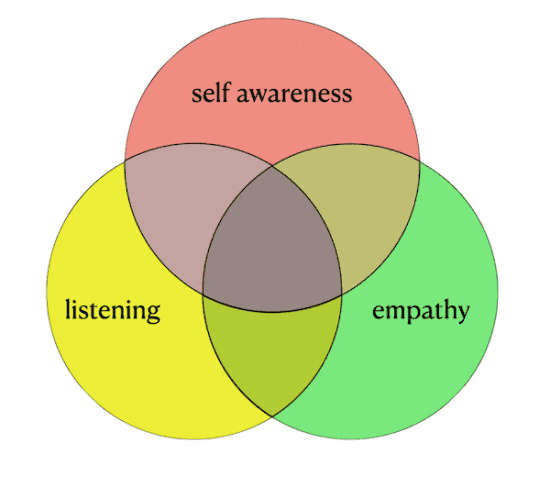In business (whether or not you’re working in a distributed, remote manner or in an office), reality is that many people’s engagement depends on the de facto culture of the organization and their relationship with the boss. The boss is the one who sits above, supervising, giving direction and overseeing performance results. But, what if it’s not the employee who’s the problem, but the boss him or herself? I’m talking about when employees gripe about their superior and they’re right.
If you’re a manager of people, have you ever considered that you might you be the problem? Are you possibly responsible for the poor ambiance and low engagement rates? If I were to ask this question to an executive, there’s very little chance that he/she would answer in the affirmative. For having been there, I can appreciate why. And, as soon as you have many people reporting into you, it’s just not possible that everyone will appreciate you.
There are several reasons why this question is absolutely crucial and yet so difficult to answer.
- Genuine feedback to the boss (and his or her style) is rare. Even when you get the feedback, can you gauge whether it is true for all or just that one person?
- Bosses, especially those with many (successful) years under the belt, will often have an ego that inflates their sense of self. They may feel entitled to operate as they wish.
- And then there’s: “Even if I know I’m the problem, what can I do about it?” Some people plainly believe that they can’t change their ways.
Getting to understand how your behavior, language and subtle non-verbal cues register with your colleagues and employees is difficult. It requires three very important skillsets:

- Self-awareness to know and hear yourself. What gaps are there between what you say and what you think? Between what you say and what you do? Do you have a sense of your own swings in mood? Are you in touch with her own heart beat?
- Listening. How present are you when you are talking with your colleagues? Are you so focused on the results that you sometimes forget to concern yourself with the how? To what extent are you able to listen to the non-verbal cues and to zero on in the underlying meaning of what’s being expressed? Do you often reformulate what you hear to make sure that your comprehension is accurate?
- Empathy. If active listening is an important skill, having empathy is a step further. It means understanding the other person’s thinking, feelings or experience. This means that you are putting what you hear into a context. You are able to peer into the emotions and intentions behind the words.
Once you open the hood on this question, you will need to find the motivation and courage to make the necessary adjustments. Otherwise, you’ll be shifting the onus on the wrong target (i.e. you’ve got the wrong employees). As a modern leader, you need to take responsibility for your own words and actions. These are constantly on public display and will set the tone and path for your organization’s culture. Don’t be afraid to ask for feedback. Once you receive it, convert it into observable changes in your own behavior.
As a leader, what mechanisms or practices have you put in place to monitor if/whenever you might be part of the problem?











